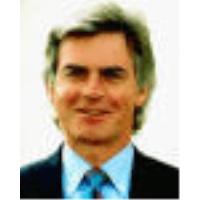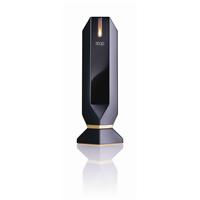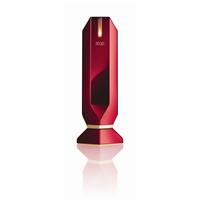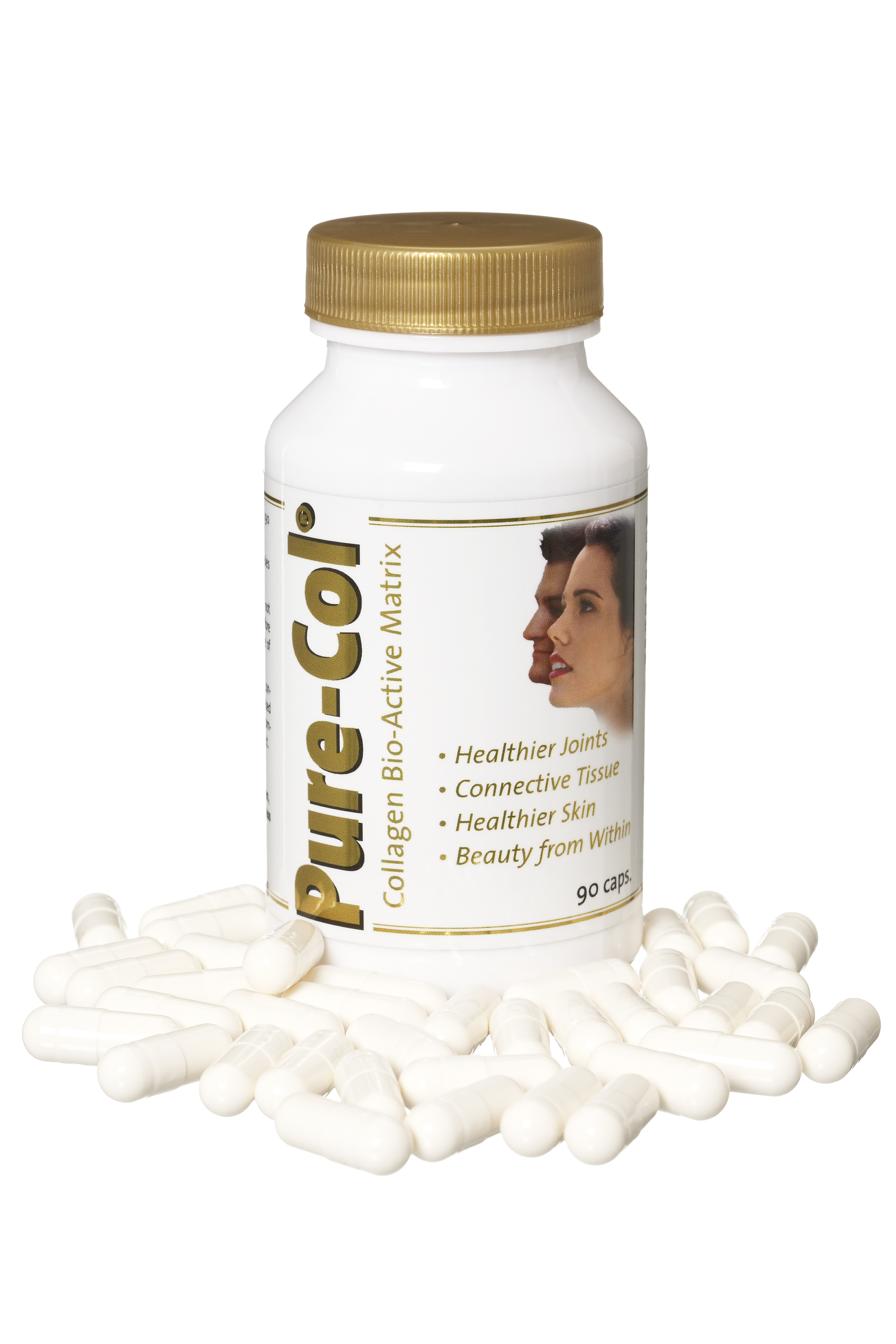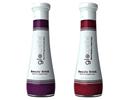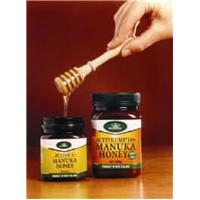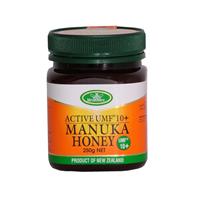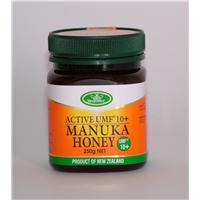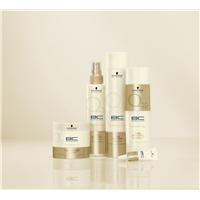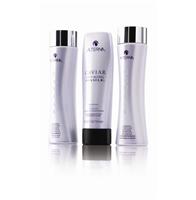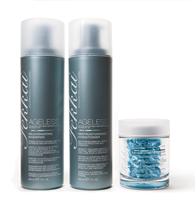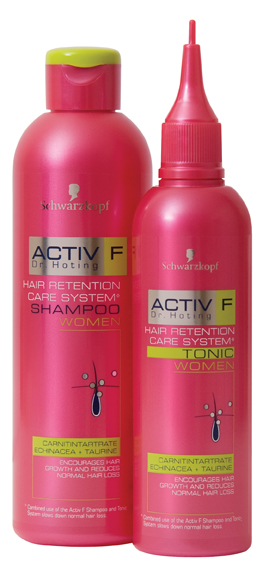
London: In a society obsessed with looking young and where youth and beauty are prized above all other attributes, it is not surprising to learn that more than 22% of women in Europe use anti-ageing skin creams every week, spending billions of pounds every year on treatments and preparations in the hope that any signs of ageing can at the very least be halted if not reversed.
With more and more people also viewing cosmetic surgery and non surgical interventions like botox, fillers, peels and plumpers as essential tools in the battle against the ravages of time, could a practice as simple (and inexpensive) as yoga be the answer? Can yoga halt and maybe even reverse the ageing process?
Before you start reaching for the phone to cancel that botox appointment while simultaneously hurling your eye wateringly expensive skin preparation into the bin lets agree on what constitutes ageing. Is ageing the fact that your breasts and bottom are not quite as pert as they used to be, or is it that when you smile you have laughter lines? Is it the fact that your waist is not quite as waif like as it once was, or that when you look in the mirror these days its seems to be your mother looking back at you?
I would agree that all of the above are physical manifestations of the ageing process, but only part of the picture with the focus being purely on the external. Is it these physical changes or the number of years you have been around that should define how old you are or feel?
The Eastern view of age is very different. In Yoga it is the age of the spine, not the number of years (or pertness, or evidence of wrinkles) that determines an individuals age. It is the elasticity and flexibility of the spine, the tone of the tissues, ligaments joints and nerves and the relative smooth functioning and health of the bodies systems that determines age.
Before you groan and switch off please note that an added benefit of increased mobility and flexibility is increased tone (pertness), increased blood supply to all of the bodies organs (including the skin which is one of the largest organs in the body leading to plumpness and firmness) and improved posture (strengthened and toned abdominals and back). Yes, the regular practice of yoga does provide all these benefits.
Spinal health is key in the battle against age. The spine, made up of 33 irregularly shaped bones (or vertebrae), intervertebral discs, facet joints, muscles, ligaments, tendons, nerves, cord and canal act as a strong yet flexible column and support for the whole body, providing and enabling the power of movement and bearing the weight of all the organs and appendages attached. When practicing yoga, the joints of the body are moved through their full range of motion, encouraging mobility and easing pressure.
The gentle stretching during asana practice (this is the physical element of yoga), releases muscle tension, stretches the joints causing the secretion of synovial fluid into the joints keeping them healthy and supple resulting in reduced stiffness preventing conditions such as arthritis and helping to improve the condition if it already exists (by very gentle practice with a qualified and experienced teacher).
Regular and continued practice of asana encourages strength and endurance, leading to increased tone in all the muscles of the body, improved blood circulation with the added benefit of the focusing on the breath helping to soothe and calm the nervous system.
The beauty of the practice of yoga is the more continued and sustained the practice the more cumulative the effects, with the long term benefits including reduced stress and anxiety levels and increased feelings of health and well being. As the nerves of the brain and spine go to every tissue in the body and therefore every tissue in the body depending upon the health of the brain and spine, the importance of the spine in the fight against age becomes apparent.
Healthy and flexible spine, healthy, flexible and youthful body! When we also factor in that during the practice of yoga the skin is continually being stretched causing stimulation of the skin cells and endocrine system resulting in firmer, healthier skin, I think the assertion that yoga can slow and possibly stop the ageing process is no idle boast.
The miracle of yoga is that it is suitable and can be of benefit to everyone, irrespective of age, size, sex, or ability. It is never too late to begin, does not require loads of costly equipment and the benefits can be felt almost immediately. The practice encourages and engenders balance in all things and an awareness of the mind and body that will enable all those who participate to begin to make positive and healthful changes to their lives.
In a society so highly focused on the external it is perhaps a timely reminder that the most sustained and maintainable changes and improvements to the visible body are as a result of the correct and efficient working of the internal elements of the body. Get the inside working efficiently and the outside will reflect these changes with lustre and youth.
Getting older is inevitable and no amount of lotions, potions or interventions (surgical or otherwise) can hide the results of age indefinitely. We should be aspiring to embrace the wisdom and freedom that comes with increasing age while maintaining our physical and mental health, fitness and mobility, by practices like Yoga that both nurture and nourish the body and mind.
Can yoga stop you ageing? If youthfulness is defined as energy and vitality, mobility and strength, suppleness and stamina then yes yoga can!
Patricia Ezechie, is a BWY, Sivananda and Birthlight trained yoga teacher. She has been practicing yoga for 13 years and is the owner of www.yogastickmen.com where full details of all her classes and workshops can be found.
Yogastickmen.com have launched a new range of T-shirts, for autumn/winter 09. Perfect for wearing in yoga class or out for a jog in the park, the T-shirts come in an array of brooding autumn colours. To look at the range of colours visit www.yogastickmen.com



